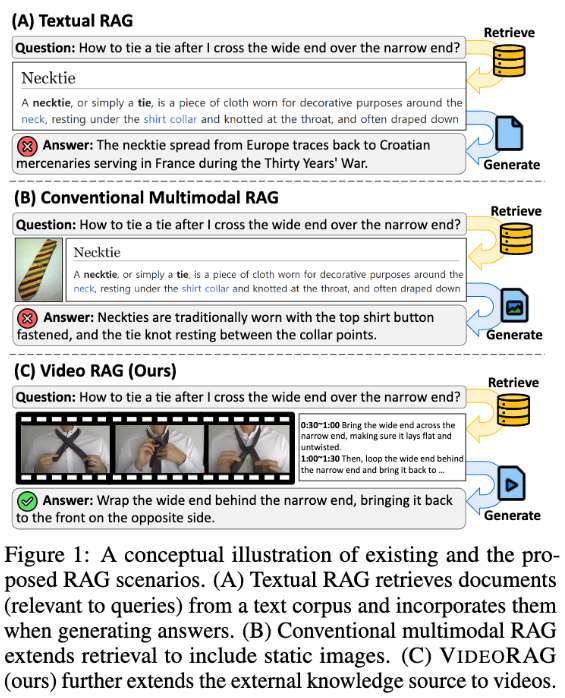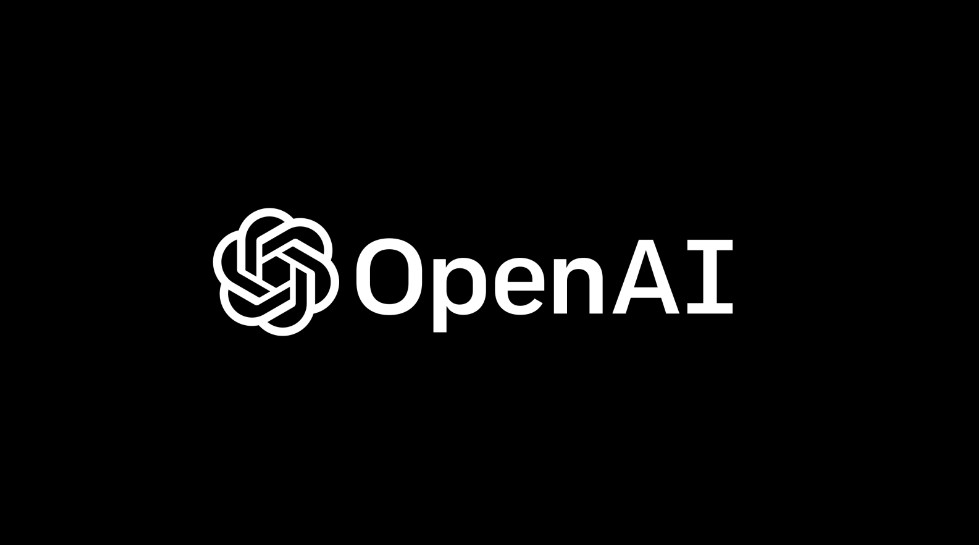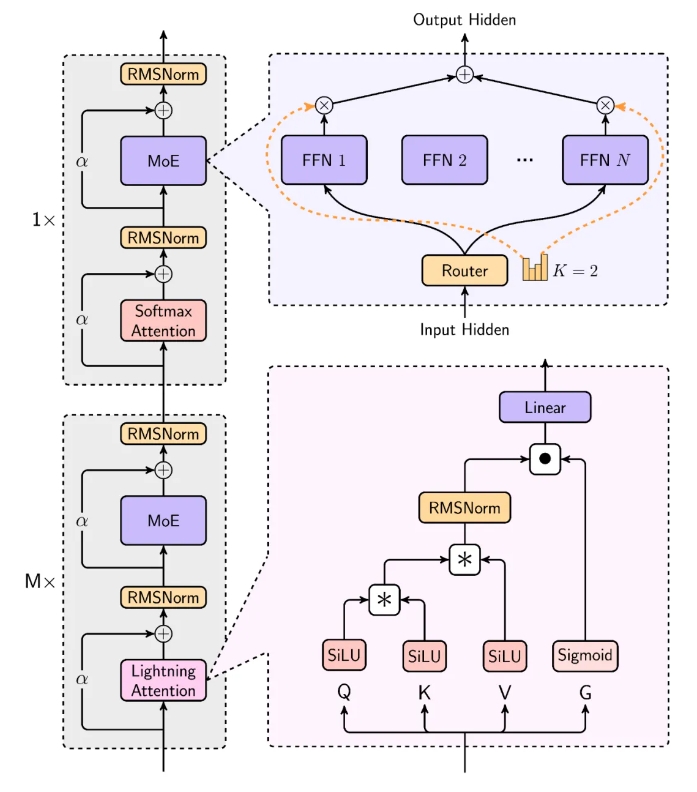Artificial intelligence (AI) has penetrated every aspect of our lives in recent years, and businesses must adapt quickly to stay relevant in a competitive digital world. Retail and consumer goods industry executives recognize the importance of AI and predict spending on non-traditional IT operations will surge 52% in the coming year, according to a global survey by the IBM Institute for Business Value.

The report, "Embedding AI into Brand DNA," is based on a survey of 1,500 global retail and consumer goods executives and explores how brands are integrating AI into all aspects of their operations, including innovation, customer relationships and business strategy. The survey shows that 81% of executives and 96% of teams are already using AI, and when looking to 2025, they hope to expand to more complex AI applications. On average, these executives are willing to invest 3.32% of their revenue into AI, which is equivalent to $33.2 million for a company with annual revenue of $1 billion.
Executives want AI to be integrated into their comprehensive business plans, with usage expected to increase by 82% by 2025. The AI application areas they are most concerned about over the next 12 months include marketing and customer experience, supply chain operations, IT and security, with only 5% of respondents planning to reduce their AI budget, demonstrating strong confidence in the benefits of AI. .
However, the AI skills gap remains a major challenge to its promotion, with many companies struggling to find the talent they need when developing and implementing AI. The report pointed out that it is expected that 31% of employees will need to reskill or learn new skills in the next year to adapt to the use of AI, and this proportion will rise to 45% in three years. At the same time, respondents also mentioned that 55% of customer service improvements involve human-machine collaboration, and only 30% can be fully automated, which emphasizes the importance of humans in working with AI.
In addition, the survey also shows that corporate investment in AI ecosystem platforms is expected to rise significantly. These platforms facilitate the sharing of data and AI models, and IBM predicts that enterprises will increasingly integrate AI capabilities with their business and technology partners to accelerate innovation and improve efficiency.
While 87% of executives report having a clear AI governance framework in place, less than a quarter have fully implemented and continually updated tools to address risks such as bias, transparency, and security. This highlights important gaps in operational oversight. To fill this gap, IBM recommends that enterprises build trust in internal AI use and communicate with customers about data collection and AI use before expanding into customer-facing use cases to further strengthen governance and protect brand integrity.
AI courses are suitable for people who are interested in artificial intelligence technology, including but not limited to students, engineers, data scientists, developers, and professionals in AI technology.
The course content ranges from basic to advanced. Beginners can choose basic courses and gradually go into more complex algorithms and applications.
Learning AI requires a certain mathematical foundation (such as linear algebra, probability theory, calculus, etc.), as well as programming knowledge (Python is the most commonly used programming language).
You will learn the core concepts and technologies in the fields of natural language processing, computer vision, data analysis, and master the use of AI tools and frameworks for practical development.
You can work as a data scientist, machine learning engineer, AI researcher, or apply AI technology to innovate in all walks of life.







